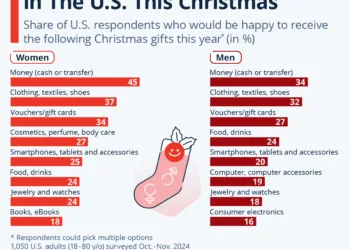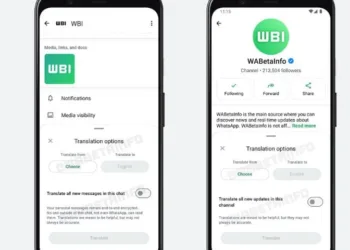The U.S. National Security Agency (NSA) is in the privacy hot seat following confirmation that it has been purchasing Americans’ internet browsing data from commercial data brokers, without obtaining requisite warrants. The admission came from the agency’s director in a letter to Senator Ron Wyden.
Raining on Americans’ right to privacy parade, the NSA buys what is technically termed as ‘netflow data’. This data, while excluding communication content, encapsulates the technical information created by devices while they interact with the internet. The NSA assures this data supports their crucial tasks regarding cybersecurity and foreign intelligence activities.
Employing technical filers, the NSA attempts to minimize data collection related to U.S. citizens. However, skeptics argue this acquired data is sensitive, capable of revealing information associated with devices used domestically within the U.S. Firmly asserting on record, the NSA states it does not buy cellphone or automobile telematics systems location data.
Senator Ron Wyden, a staunch privacy advocate, wasted no time denouncing this practice. He labels it ‘unlawful’, calling on the intelligence community to cease the use of Americans’ personal data without explicit consent.
Furthermore, Senator Wyden has appealed to the Director of National Intelligence to mandate that all intelligence agencies take stock of personal data they’ve purchased and promptly purge data inconsistent with legal standards.
The NSA’s data purchasing activities cast a long shadow upon privacy concerns and call into question the murky legal terrain surrounding them.
By bypassing the warrant process generally needed to acquire such detail, the plight of digital privacy rights is highlighted. The troubling practice was unveiled following Senator Wyden’s relentless three-year pursuit to bring the information to public attention.
Now, the spotlight is upon the NSA’s controversial approach to data gathering, fueling an intense debate about surveillance and privacy in our digitized world. The unsettling fact of warrant-less data collection raises questions about the balance between security needs and individual privacy rights, and more broadly, concerning the responsible use of technology.










